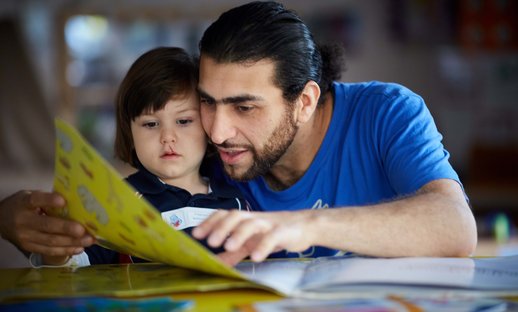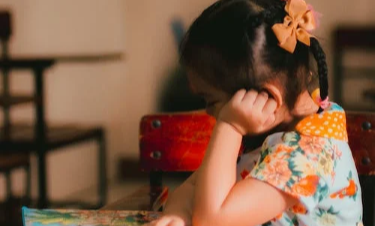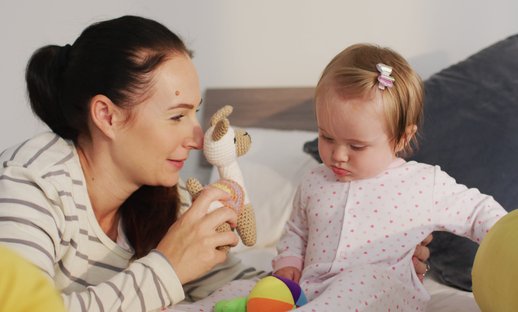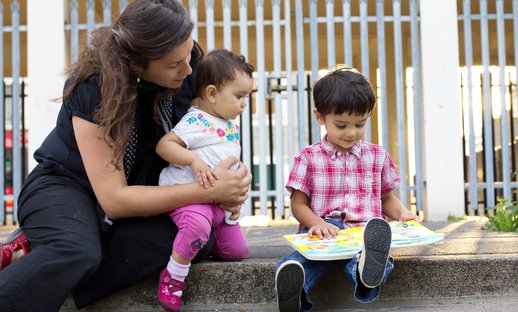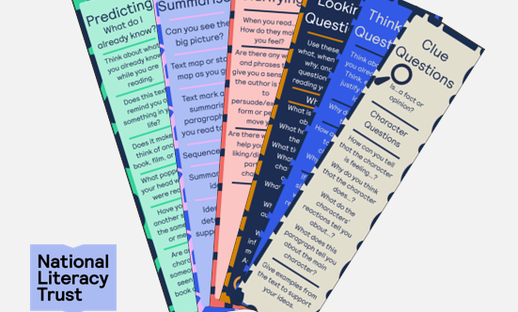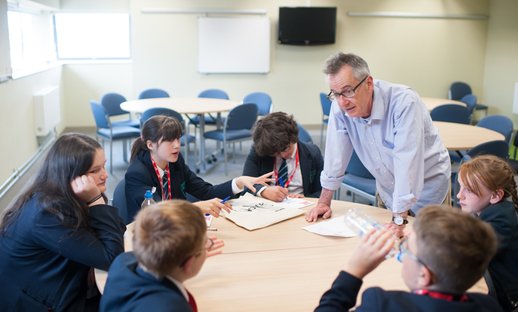-
Free
Supporting schools and early years settings with literacy teaching resources to help enrich your lessons linking to literacy moments and awareness days throughout the academic year.View details about Literacy teaching and school events calendar 2025-2026 -
Free
Free online event and literacy resources to commemorate Holocaust Memorial Day on Tuesday 27 January 2026.View details about Holocaust Memorial Day 2026 -
Free
Download your National Year of Reading calendar and briefing presentation to ensure your school or setting is ready for 2026.View details about National Year of Reading Schools & Early Years Starter Toolkit -
Free
Download our free Early Years resources and watch the accompanying interactive videos to mark National Storytelling Week 2026.View details about ‘Soundtrack your story’: an Early Years storytelling project with Simon Mole and Gecko -
Free
Practitioner guidance and a parent booklet to help make the most of storytelling through everyday momentsView details about Share stories with me: Early years booklet -
Free
Download resources for KS2 to support your activity for National Storytelling Week 2026.View details about National Storytelling Week KS2/P4-P7 Resources -
Free
Free KS3 resource pack to accompany our National Storytelling Week activity.View details about National Storytelling Week KS3/ S1-S3 Resources -
Free
Download our free KS1 interactive resources to celebrate National Storytelling Week 2026.View details about National Storytelling Week: KS1/ P2-P3 Resources -
Free
2 to 8 February 2026. Discover our resources and schedule of events this February to mark this year's National Storytelling Week.View details about National Storytelling Week 2026 -
Free
Jólabókaflóð: Festive winter reading to promote reading for pleasure.View details about Jólabókaflóð - the Christmas book flood -
Free
Enrich your students’ learning with this fantastic STEM reading challenge as our We Wonder series returns.View details about We Wonder: Protect Our Nature -
Free
Celebrate national Non-Fiction November in your classroom with our expertly curated guidance, booklists and classroom ideas.View details about Non-Fiction November 2025 -
Free
Discover poetry, stories and non-fiction texts all about fireworks and festivals, and try out some fun writing and oracy activities in the classroom.View details about Fireworks and festivals: a hot topic resource -
Programme
We have a number of resources available for settings delivering First Words Together.View details about First Words Together resources -
Programme
We have a number of resources available for settings delivering Early Words Together at Two.View details about Early Words Together at Two resources -
Programme
This page contains all the additional resources you will need to run Early Words Together.View details about Early Words Together 3 to 4 years programme resources -
Premium
Our Talk for Reading bookmarks support pupils, teachers, and parents with thought-provoking questions that spark discussion and deepen understanding.View details about Talk for Reading bookmarks -
Free
Developed in partnership with the Royal British Legion, we provide a national online assembly and poetry teaching resources and workshops to explore the importance of commemorating...View details about Remembrance 2025: National Assembly and teaching resources -
Premium
Practical strategies for building a whole-school culture of literacyView details about Launching Literacy -
Free
National Poetry Day falls on the first Thursday of October each year, and we produce new resources to help you celebrate and explore the focus theme.View details about National Poetry Day 2025 -
Premium
This guide outlines techniques to help secondary school students develop and improve their listening skills.View details about Developing listening skills in secondary school




